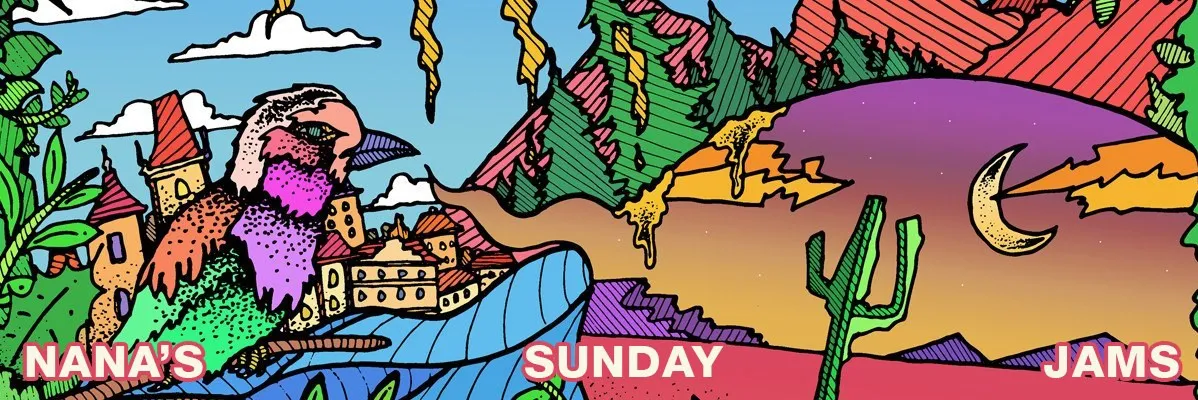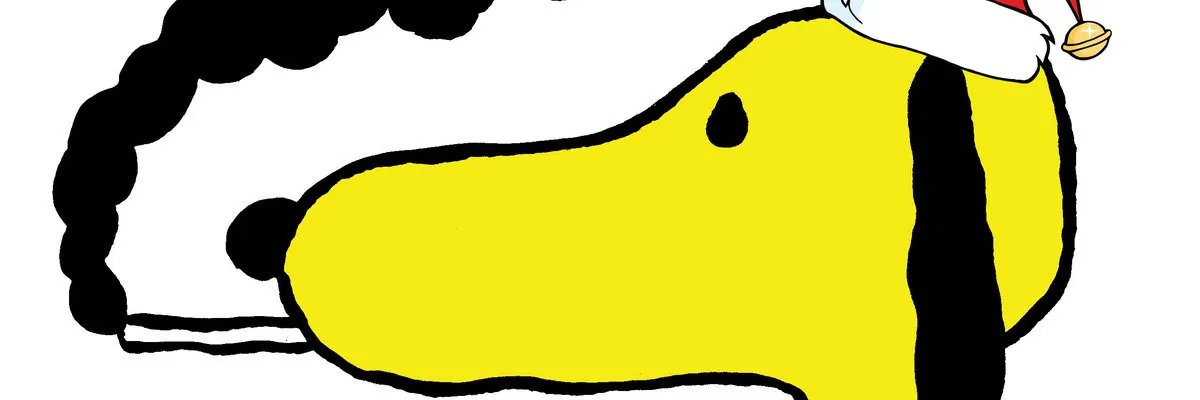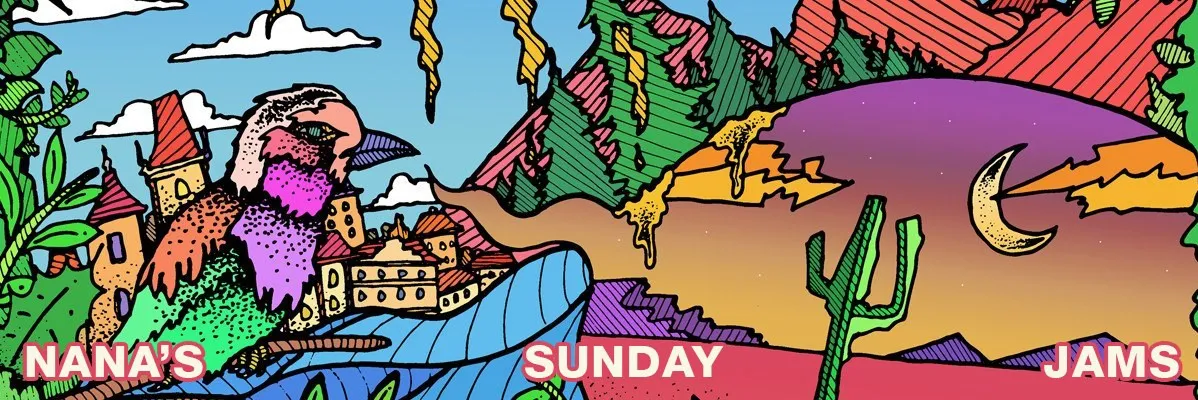 Yes, Yes, Sunday Jammers.\
Yes, Yes, Sunday Jammers.\
My name is Nana, and from this point on, I’ll be your regular tour guide. Really looking forward to hitting the road with you.\
I’m taking over this post at a time when the world around us feels like it’s being unearthed—raw, exposed. It’s impossible not to be affected, and to me, it’d be disrespectful not to acknowledge the outpouring of emotion we’ve witnessed lately. The voices of resistance screaming in furious unison have moved me to tears. To call it “emotional” doesn’t even scratch the surface.\
So I’ve been thinking about resistance—how it manifests, how it sounds. Music, in all its forms, has always given voice to protest. It carries the laments of the oppressed to those who might never hear them otherwise—and in countless cases, it’s galvanized millions. That’s the heart behind this week’s track: a beautiful, haunting offering from renowned Palestinian singer Sanaa Moussa, where traditional and modern sounds collide.\
I owe this discovery to an algorithm—and today, I’m deeply grateful. This piece made me stop. I shut my window, put everything down, and just listened. I don’t speak Arabic, but I didn’t need to. The ache in her voice, the urgency of her delivery, the arrangement—it did what all great music should: it transported me. Then I looked her up, read the English translation, and fell doubly hard.\
Sanaa Moussa is a rarity in any sphere. She holds a PhD in Neuroscience and Microbiology. She’s also an activist who wields music as resistance. As a Palestinian woman, she sings in the traditional style of her culture—a radical act when you consider how oppression works: erase language, sever ties to tradition, rewrite history through the oppressor’s lens.\
This hit me. It reminded me that existence itself is resistance—and to sing a love song, as a woman, in the unbroken voice of your people, without asking permission? That’s power.\
And music—again, music—made it possible.
Written by Nana Fani-Kayode
← Back to blog




